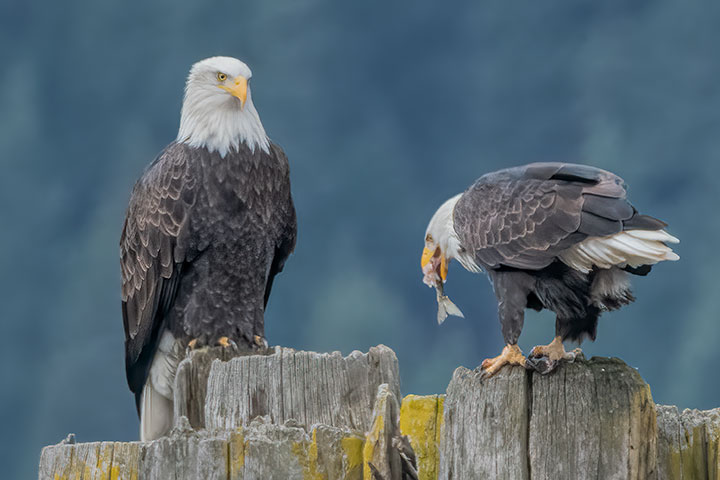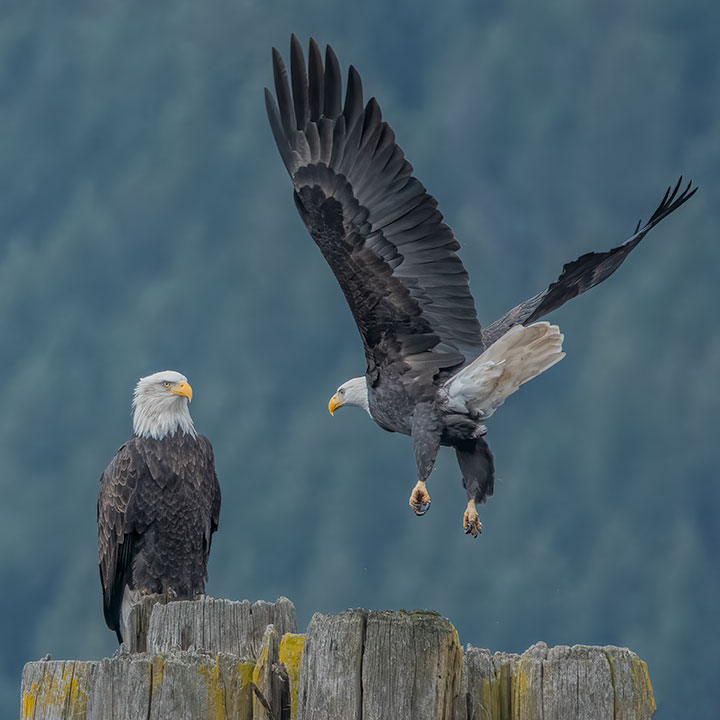There is a classic joke that depends upon the sloppy employment of a comma: Eats, shoots and leaves. This is how Wikipedia tells it:
A panda walks into a café. He orders a sandwich, eats it, then draws a gun and fires two shots in the air.
“Why?” asks the confused waiter, as the panda makes towards the exit. The panda produces a badly punctuated wildlife manual and tosses it over his shoulder.
“I’m a panda,” he says at the door. “Look it up.”
The waiter turns to the relevant entry in the manual and, sure enough, finds an explanation.
“Panda. Large black-and-white bear-like mammal, native to China. Eats, shoots, & leaves.“
The joke turns on the ambiguity of the final sentence fragment. As intended by the author, “eats” is a verb, while “shoots” and “leaves” are the verb’s objects: a panda’s diet comprises shoots and leaves. However, the erroneous introduction of the comma gives the mistaken impression that the sentence fragment comprises three verbs listing in sequence the panda’s characteristic conduct: it eats, then it shoots, and finally it leaves.
I was reminded of the joke this morning as I watched an eagle eat, fish and leave — er, eat fish and leave. The smaller male Bald Eagle is eating (and not sharing) a fish in the company of his larger (presumed) mate.
The eagle…
eats fish

and leaves.


Clever spin on that well-known pun [and book title].
The one on the left is looking very ‘Sam the Eagle’ from the Muppets 🙂
Wonderful shots!
Wonderful shots!
With those eagle eyes watching, I’d not stay long enough to eat, I think! Perhaps I’d leave to eat my shoots in private!!
Thanks Alistair, you made my day!